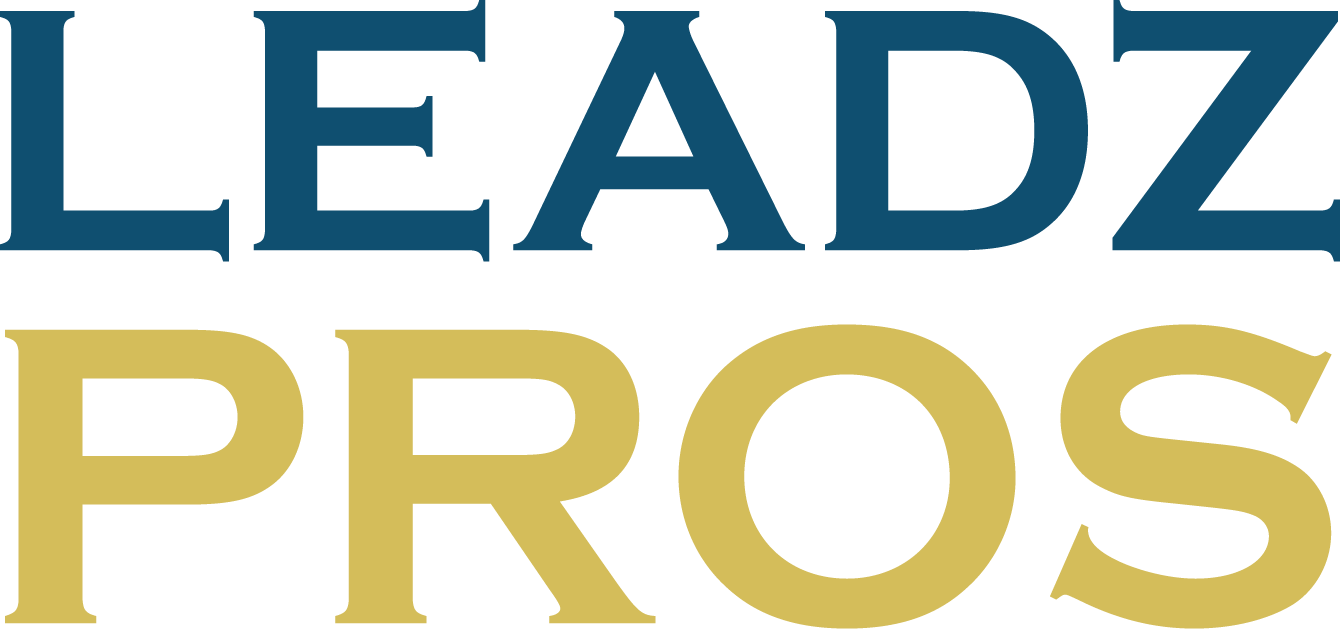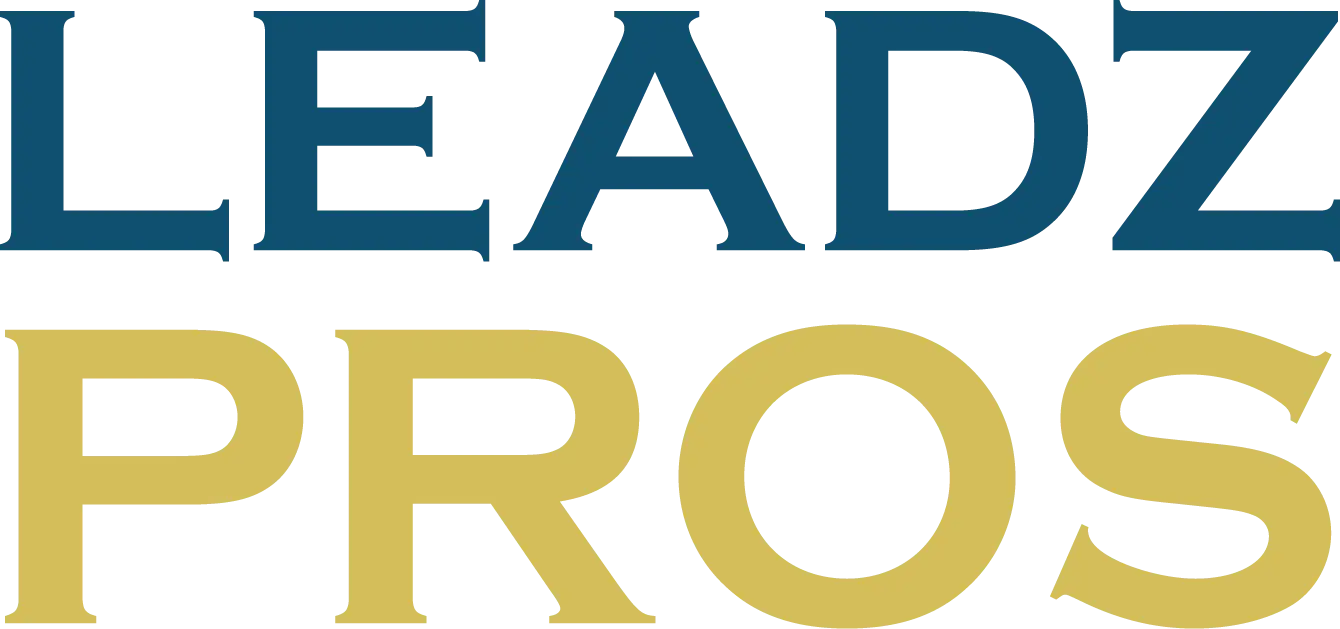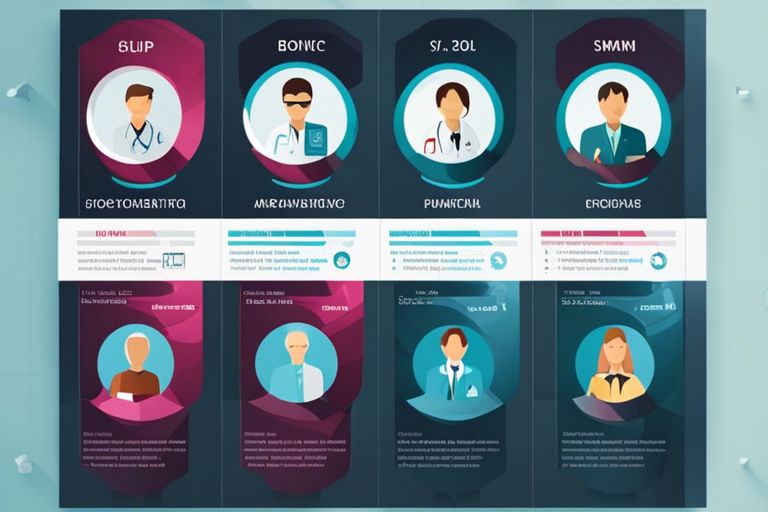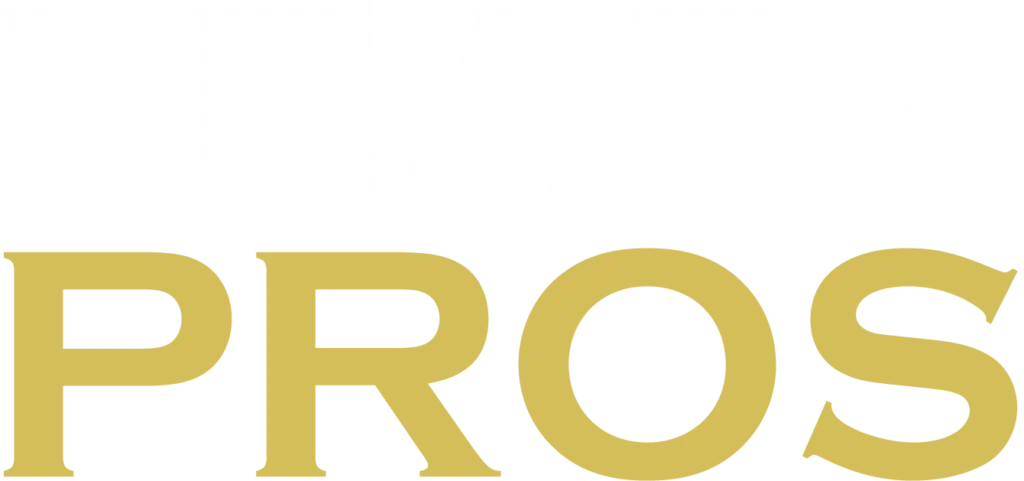The practice of traditional medicine is evolving, with ancient acupuncture techniques being integrated with state-of-the-art AI technology. As we look towards the future, the combination of centuries-old healing methods and cutting-edge innovations is revolutionizing the way we approach healthcare. This fusion of the past and the present opens up a world of possibilities for patients seeking holistic and personalized treatment options. Join us as we explore how the marriage of traditional acupuncture practices and modern AI advancements is shaping the future of medicine.
Understanding Acupuncture
Principles and Practice
Practice of acupuncture is rooted in the principles of Traditional Chinese Medicine (TCM), which views the body as a system of energy flow, or qi. Acupuncture aims to restore balance and harmony by stimulating specific points on the body through the use of fine needles. These points are believed to correspond with meridians, or energy pathways, that connect different organs and systems within the body.
Current Challenges
Any discussion of acupuncture in the modern context must address the challenges it faces. These include regulatory issues surrounding the training and qualifications of practitioners, as well as skepticism from the mainstream medical community. Additionally, there is a need for more research to provide scientific evidence of acupuncture’s effectiveness and mechanisms of action.
The integration of traditional acupuncture practices with modern AI technology could provide new insights and solutions to these challenges. By leveraging AI algorithms to analyze vast amounts of data and optimize treatment plans, acupuncture could become more personalized and precise, leading to improved patient outcomes and wider acceptance in the medical community.
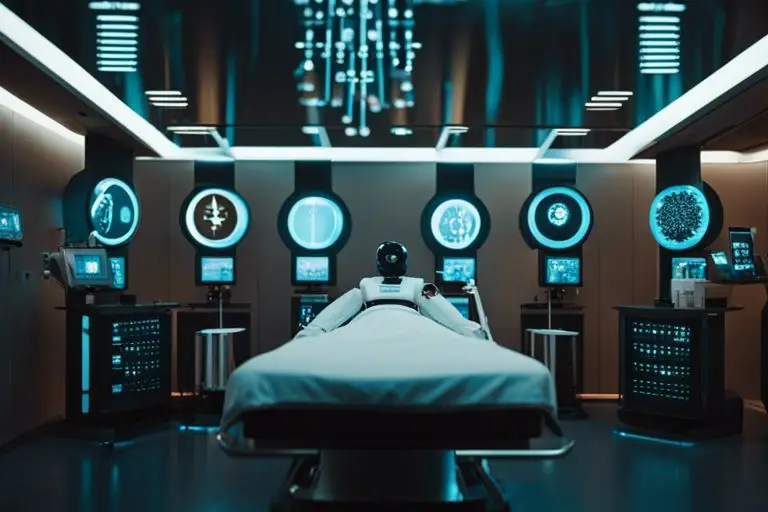
AI Advances in Medicine
You can find an Overview of Artificial Intelligence Applications in Chinese Medicine in a recent study. This research explores how AI technology is revolutionizing traditional Chinese medicine practices, bridging the gap between ancient wisdom and modern advancements.
Machine Learning and Diagnostic Support
Advances in machine learning have significantly enhanced diagnostic support in medicine. AI algorithms can analyze vast amounts of patient data to assist healthcare providers in making accurate diagnoses. When applied to traditional Chinese medicine, machine learning algorithms can help acupuncturists pinpoint the root cause of a patient’s ailment more effectively, leading to personalized treatment plans.
Personalized Treatment Plans
Medicine is evolving towards personalized treatment plans that cater to individual patient needs. With AI technology, acupuncturists can now create tailored treatment strategies based on a patient’s unique health profile, including factors like genetics, lifestyle, and environmental influences. By integrating traditional Chinese medicine principles with AI-powered analytics, practitioners can offer more effective and customized care to their patients.
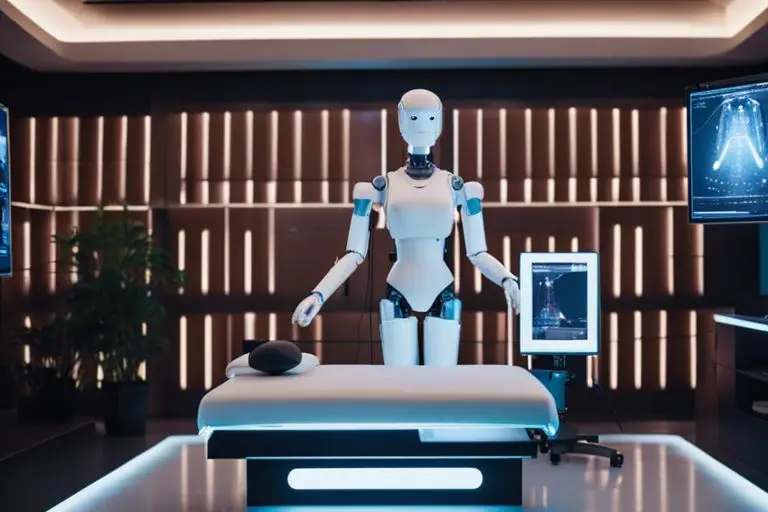
The Integration of Acupuncture with AI
Enhancing Treatment Accuracy
On the forefront of merging traditional acupuncture practices with modern AI technology is the potential to enhance treatment accuracy. By utilizing AI algorithms to analyze physiological data and historical treatment outcomes, practitioners can tailor acupuncture sessions to individual patients with unprecedented precision. This integration can lead to more effective and personalized treatment plans, ultimately improving patient outcomes.
Predictive Analysis and Patient Outcomes
Enhancing patient outcomes through predictive analysis is a key area where AI can revolutionize acupuncture practices. By analyzing a patient’s historical health data and responses to acupuncture treatments, AI systems can predict potential outcomes of future sessions. This predictive capability allows practitioners to optimize treatment plans in real-time, leading to better symptom management and overall improved patient well-being.
With predictive analysis, acupuncturists can also identify patterns and correlations in patient data that may not be immediately apparent. By leveraging AI technology, practitioners can uncover insights that can inform more effective treatment strategies and enhance patient outcomes over time.
Ethical Considerations and Future Implications
Data Privacy and Security Issues
The rapid advancement of AI technology in the field of traditional medicine brings up important ethical considerations regarding data privacy and security. The sensitive nature of personal health information collected during acupuncture treatments requires stringent measures to protect patient confidentiality and prevent unauthorized access.
The Preservation of Traditional Knowledge
Considerations must also be made to preserve the rich heritage of ancient acupuncture practices amidst the integration of modern AI technology. As we move forward in this digital age, it is crucial to find a balance between innovation and the preservation of traditional knowledge to ensure the authenticity and effectiveness of acupuncture treatments.
Knowledge about acupuncture techniques and theories has been passed down through generations, rooted in centuries of wisdom and experience. It is important to respect and honor this traditional knowledge while leveraging technology to enhance its accessibility and applicability in modern healthcare practices.
Final Words
With this in mind, the integration of ancient acupuncture practices with modern AI technology holds immense potential for the future of traditional medicine. By harnessing the power of artificial intelligence, practitioners can analyze vast amounts of data to personalize treatment plans and improve patient outcomes. This innovative approach not only preserves the essence of traditional practices but also enhances their efficacy through data-driven insights. As technology continues to advance, the marriage of ancient wisdom with cutting-edge AI tools will undoubtedly shape the landscape of healthcare, paving the way for a more holistic and integrated approach to healing.
